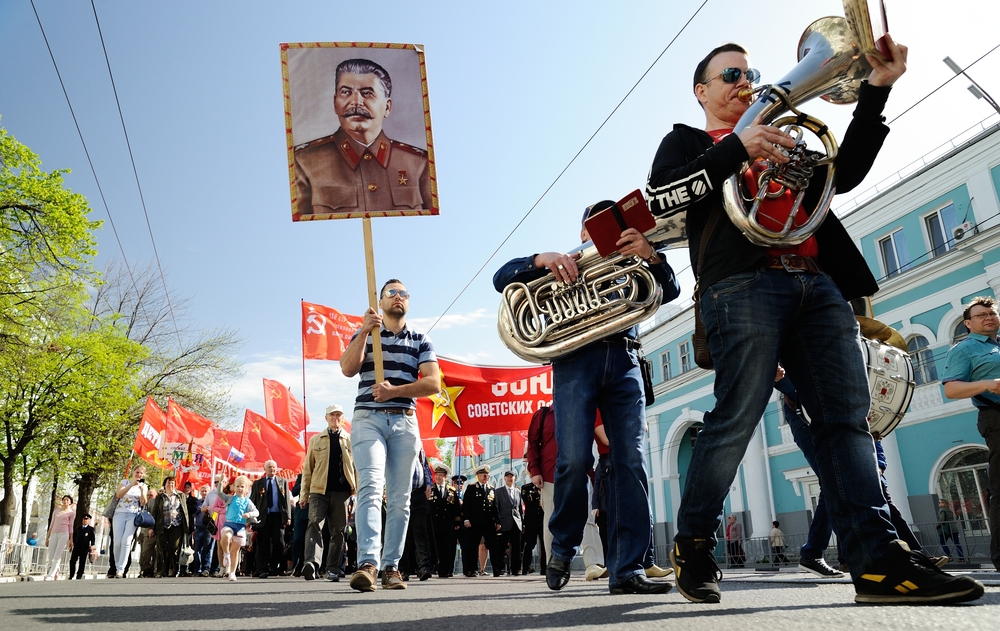Why Russians still regret the Soviet collapse
On December 25th 1991, Mikhail Gorbachev admitted defeat live on Russian television. The red flag came down from the Kremlin after more than 70 years. Thirty years later, Muscovites found themselves voting in a referendum on whether to restore Felix Dzerzhinsky’s statue to Lubyanka Square (headquarters of the FSB, formerly the KGB). Its toppling symbolised the rejection of Soviet socialism and a repudiation of the October 1917 revolution, which few initially believed in. Yet since 1991, a clear majority of Russians have consistently regretted the USSR’s collapse.
April 25, 2022 -
James C. Pearce
-
History and MemoryIssue 3 2022Magazine

Photo: Alexey Borodin / Shutterstock

































